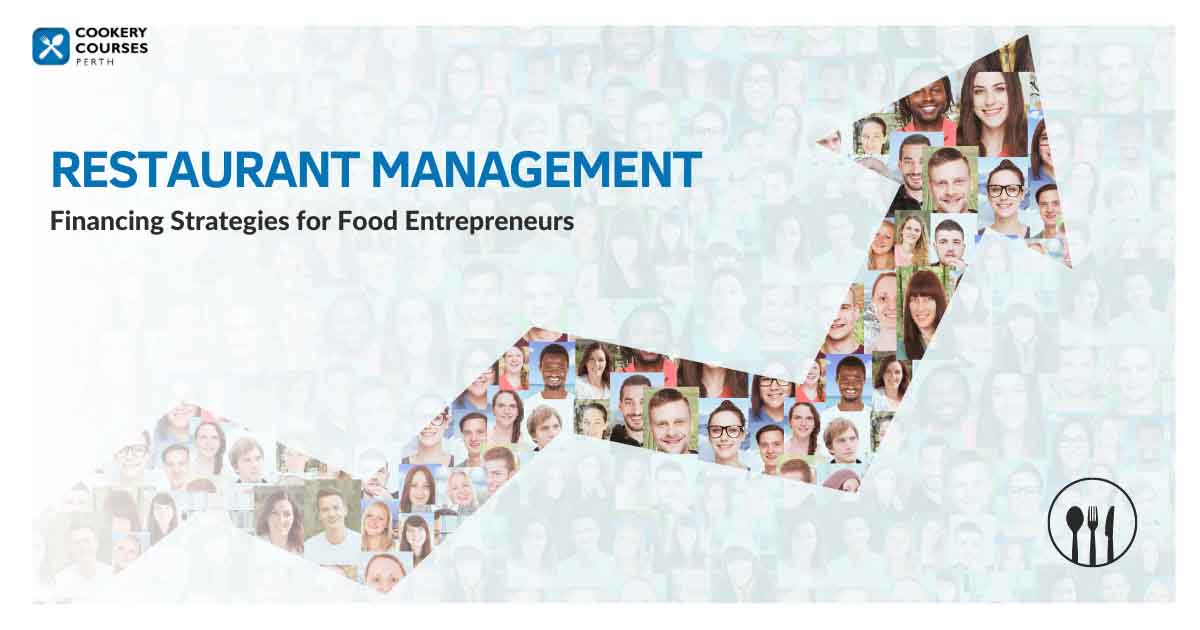Working in Australia – Know about your Working Rights in Australia

Post-study, most scholars would love to join an organization to start their professional careers in Australia. Hence, apart from studies, individuals should know about their working rights in this nation. To have a deeper understanding, people should know about student life in this country along with visa requirements, job types, etc. in detail. Hence, take a look at these below.
Life of an international student
Australia is an ethnically diverse country where it is quite easy for students to socialize and make friends. Students feel quite relaxed as the culture encourages them to work hard and yet offers ample time to relax.
The majority of scholars will choose off-campus living through options like rental property, hostels, homestay, etc. If needed, scholars can also opt for housing options provided by a university; allowing international students to socialize frequently with local scholars.
Also, there are numerous part-time jobs for international students, which pay quite well. Some of the most common and high-paying part-time jobs include mail deliverer ($19-$22 an hour), driver ($20-$25 an hour), cleaner ($20-$25 an hour), personal trainer ($20-$25 an hour), etc.
Visa required to work in Australia
International scholars need to have a valid subclass 500 student visa. It is mandatory irrespective of one’s field of study, tuition fee, university he/she will attend, etc. According to this visa, an individual can reside in Australia during his/her curriculum. It is valid for 5 years from the enrollment date.
Having a subclass 500 visa will help one to enroll in any university and course of his/her liking. People can apply for it through an online portal and enjoy various scopes. This student visa will now allow a scholar to work for 40 hours total in a fortnight.
To secure a subclass 500 visa, one needs to provide:
- Enrolment proof
- Application fee
- Valid passport
- GTE (Genuine Temporary Entrant) statement
- Academic and work documents
- Test scores of English proficiency exams
- Passport-size photos
- Financial ability evidence
- Health insurance policy details these documents will help in getting a student visa and allow you to work part-time too in Australia.
Interested in Hospitality ?: Know about the job prospects
❗Important update about working hours ❗
Temporarily work hours for the student visa have been relaxed by the Australian government. This is done to cope with the workforce shortage that occurred in 2020 after the world was hit by the pandemic.
Currently, employee rights state student visa holders can work for 40 hours in a fortnight. However, such relaxation will end by 30th June 2023 as per the Australian authorities. Till 30th June of this year, all new arrivals and ongoing scholars can enjoy 40 hours of work in a fortnight rule. It is applicable for working in any sector of this nation
After the aforementioned date, student working hours will be capped again to ensure an ideal balance between their study programs and work aspect.
Accessibility of jobs in Australia for international students
- Part-time employment – This type means that an individual will work 38 hours every week. These people can be either hired for a fixed/contractual period or permanent basis. Most students opt for part-time employment if possible as it is within their work time restriction. Also, part-time employee rights offer sick leave, annual leave, etc.
- Casual employment – Casual employment refers to job prospects where an individual will work irregular hours. Such a worker won’t have any strong commitment from his/her employer to an agreed work pattern for an ongoing job. Moreover, casual employment rights don’t involve paid sick leaves, annual leaves, etc.
- Permanent employment – Permanent employment refers to a job where one will work long hours and is expected to continue to do so every week with no end date. National employment standards and other contracts, rules, etc. offer a set of rights to permanent employees. They have sick leave, annual leave, insurance, and more benefits, unlike part-time or casual workers.
Confused regarding the certification: Know about the difference between them
Rules and regulations to be followed
No condition for working in Australia is placed for Australian citizens, PR visa holders, and citizens of New Zealand who hold subclass 444 special category visas. Working rights in Australia include:
- Following visa rules as applicable.
- Travel and passport documents should be with the passport owner. Anyone else taking such documents is a crime.
- It is illegal for an individual to ask for any form of payment for acquiring a visa or job.
- The Department of Home Affairs only can cancel, grant, or refuse visas and no one else.
- An employer threatening to cancel a visa or threatening to report to the Department for performing duties that one might not be comfortable with should seek help.
- It is a criminal offense for employers to force an individual to work by deceiving or threatening aspects or restricting freedom. This should be reported to Australian Federal Police.
What to avoid?
The Department of Home Affairs is the only organization that grants PR in Australia. Hence, avoid work arrangements with an organization, people, etc. who promises permanent residency.
You may also like to read: Chef Hierarchy level in the kitchen
Assurance Protocol for student visa holders
Under this rule, people’s visas don’t get canceled even if there is a breach in the visa’s work-related conditions. Students visas will not be canceled if:
- FWO’s support is opted for and assisted in their inquiry
- Commitment to follow visa conditions in future
- No other reasons are available for visa cancellation such as fraud, national security, health, etc.
Pathway for employment in Australia
A commercial cookery pathway is an ideal approach for the post-study work aspect. Commercial cookery pathway courses include options like Certificate III and IV in Commercial Cookery, Diploma or Advanced Diploma in Hospitality Management. These courses will enable an individual to acquire a job as a head chef at a restaurant, work in a bar, be a cook at a resort, etc.
Certificate III courses will enable an individual to become a qualified cook for a commercial kitchen. However, Certificate IV will help one not only be a competent cook but also acquire knowledge and skills to lead a team.
A diploma is ideal for acquiring skills in customer service, budgeting, inventory control, financial management, etc. apart from cooking skills. Advanced diploma pathway will lead to acquiring the competency to become a senior manager in any hospitality area.
Completing these courses will help in acquiring employment opportunities where one can showcase his/her skill to move up the professional ladder.
Conclusion:
Going through this blog has made it easier for people to understand working rights in Australia along with pathway courses and employment opportunities. Hence, opt for a student visa to study in Australia as well as work in this country.
Recent Post

Transform Your Career Trajectory With Commercial C
Apr 04, 2024

Interesting Facts About Commercial Cookery Courses
Mar 04, 2024

6 Tips to Manage the Restaurant Kitchen Efficientl
Feb 06, 2024

Top Soft Skills Seeks In 2024 By Employers
Jan 15, 2024

Advantages of a Commercial Cookery Certification
Dec 12, 2023

Nov 21, 2023

Transform Your Passion for Baking into a Flourishi
Nov 17, 2023

Distinguishing the Roles: Chef vs. Kitchen Manager
Sep 18, 2023

Starting a Food Business in Australia – Hire
Sep 04, 2023

Financing Strategies for Food Entrepreneurs : Navi
Aug 22, 2023
CONTACT US
We are always happy to help out whatever way we can

